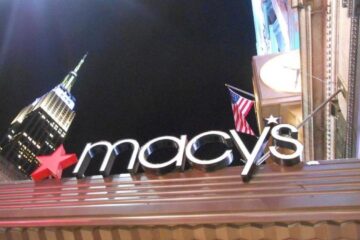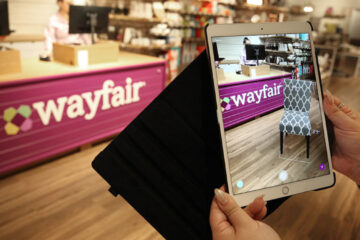Electric vehicle maker to recall nearly 54,000 cars to deactivate an advanced full self-driving feature
This is a big blow for Tesla (TSLA) – Get Tesla Inc Report. And it is likely to have repercussions on the promises and hopes of its whimsical CEO.
The Austin-based company is recalling nearly 54,000 cars — all models combined, S, X, Y, 3 — for a problem related to the Full Self-Driving Beta advanced driving assistant, according to a notice put online by National Highway Traffic Safety Administration.
Tesla will disable a FSD’s feature, which allows its cars to pass through intersections without having to come to a complete stop if there is no other car engaged or if there’s no pedestrians.
This decision should undoubtedly have consequences on the promise of Elon Musk to have Tesla cars driving themselves by the end of the year. Because it shines a little more spotlight on FSD, already in the sights of regulators.
Concretely, this second Tesla recall in two months relates to the “Rolling Stop” function which was introduced in the advanced driving assistance software FSD on Oct. 20. It allows Tesla cars not to come to a complete stop at intersections but to approach them at a slow speed of 5.6 miles per hour if there are no cars, pedestrians or bicyclists. The car can also only enter the intersection if there is enough visibility. All roads entering the intersection must have a speed limit of 30 mph or less.
Source of Revenue
This infringes on Tesla cars in states where it is mandatory to stop at intersections.
“Entering an all-way-stop intersection without coming to a complete stop may increase the risk of collision. Tesla is not aware of any collisions, injuries or fatalities related to this condition,” NTHSA says.
No accident linked to this option has yet been reported, according to the company, which will contact the owners of the affected cars. A total of 53,822 Model S, Model X model years 2016-2022, Model Y model years 2020-2022 and Model 3 model years 2017-2022 are affected.
NHTSA says it met with Tesla executives twice, on Jan. 10 and Jan. 19 to discuss this issue. And, “On January 20, 2022, a recall determination was voluntarily made to disable the functionality,” the federal agency added.
Tesla, which disbanded its communication department last year, didn’t return request for comments.
The risk is to see Tesla’s projects in autonomous vehicles thwarted or falling behind.
At the fourth-quarter earnings call last week, Elon Musk said that Full Self-Driving systems were going to be an important source of revenue in the future.
“So, over time, we think full self-driving will become the most important source of profitability for Tesla. It’s — actually, if you run the numbers on robotaxis, it’s kind of nutty — it’s nutty good from a financial standpoint,” the billionaire boasted.
He continued: “And I think we are completely confident at this point that it will be achieved. And my personal guess is that we’ll achieve full self-driving this year, yeah, with data safety level significantly greater than the present. So it’s — you know, the cars in the fleet essentially becoming self-driving by a software update, I think, might end up being the biggest increase in asset value of any asset class in history. We shall see.”
FSD Beta costs an additional $12,000, or a $199-a-month subscription.
Investigations
FSD Beta is a system of driving assistance features, like automatically changing lanes and making turns. It has sophisticated features like “smart summon” which lets drivers call their car from a parking spot to come pick them up, using their smartphone and the Tesla app like a remote control.
The system also lets you choose from three driving “profiles” that dictate how the car will react to certain situations on the road. Each mode, “Chill,” “Average” and “Assertive,” varies in terms of aggressiveness, as we previously wrote. The profiles are described as a way “to control behaviors like rolling stops, speed-based lane changes, following distance and yellow light headway.”
The software does not make Tesla vehicles fully autonomous.
“All Tesla cars require active driver supervision and are not autonomous,” the company said on its website.
FSD software has drawn a fair amount of scrutiny and criticism. The California Department of Motor Vehicles and NHTSA are investigating different aspects of Tesla’s FSD development and technology.
Regulators recently called Tesla’s use of full-self-driving” for its driver-assist systems “misleading.”
“It’s clear that if you’re marketing something as full self-driving and it is not full self-driving, and people are misusing the vehicles and the technology, but you have a design flaw and you have to prevent that misuse,” Jennifer Homendy, the head of the U.S. National Transportation Safety Board, told CNBC last October.
FSD also has a Beta tier, which includes even more advanced features.


